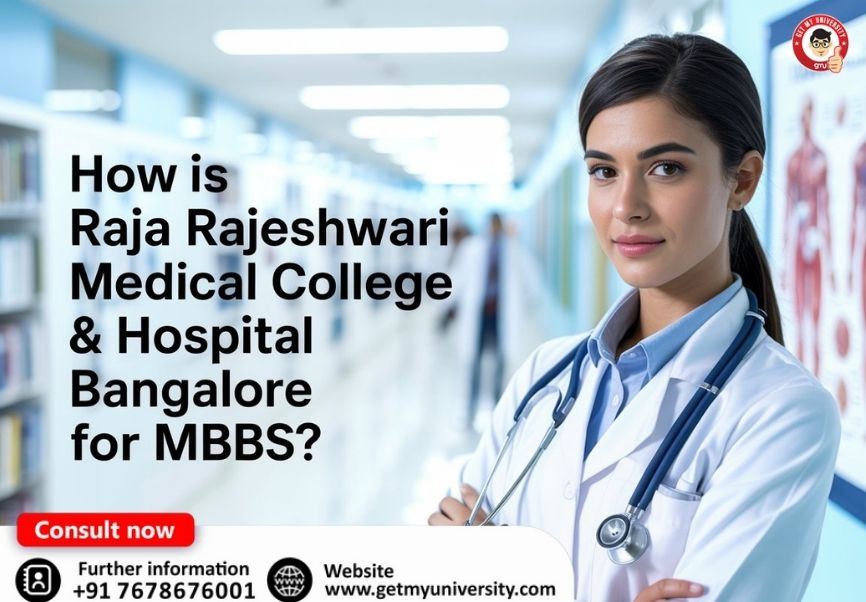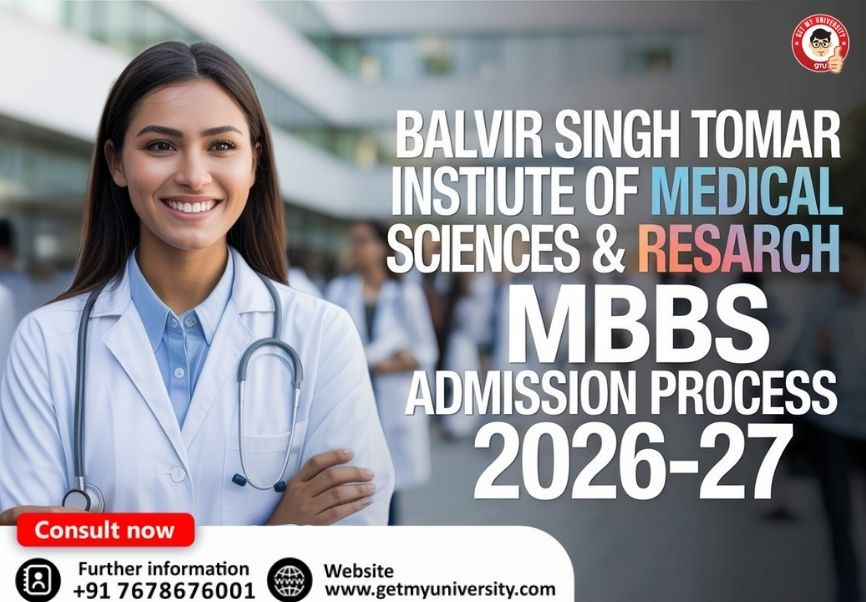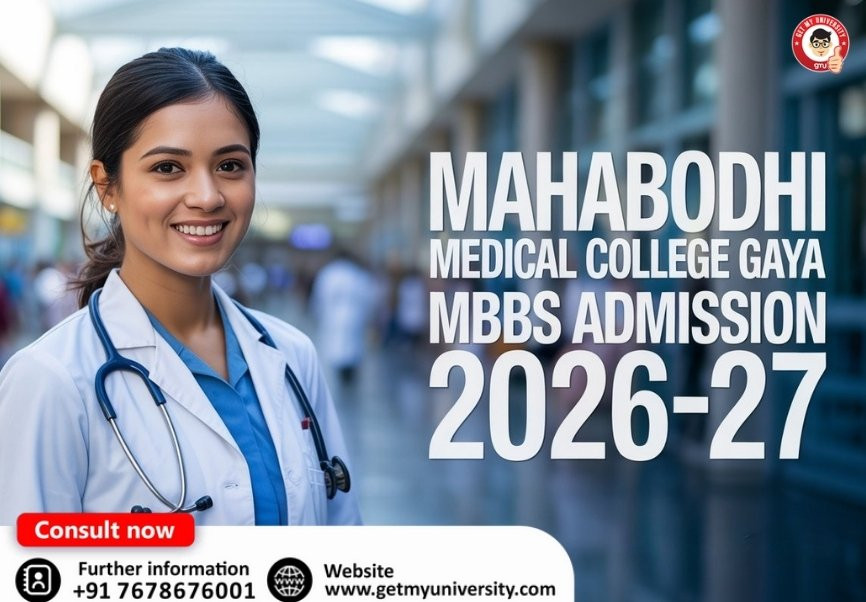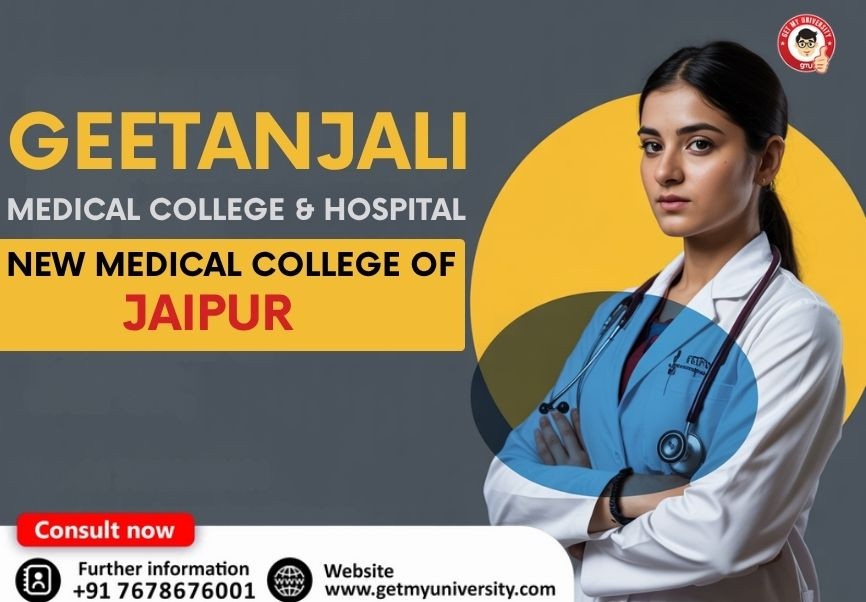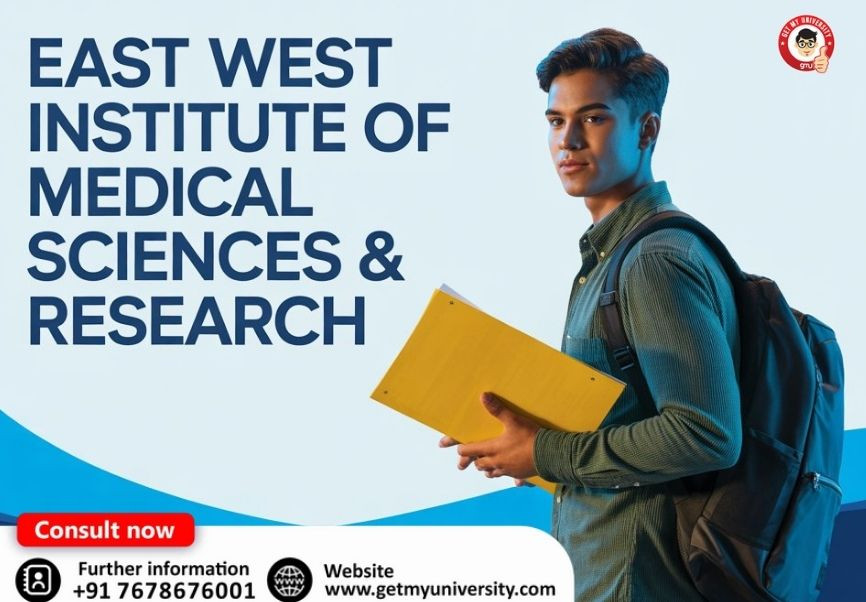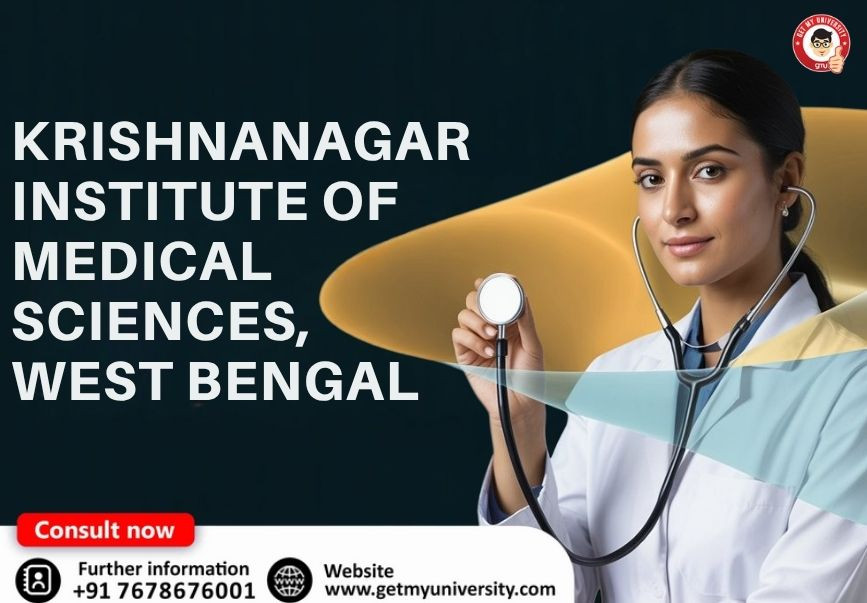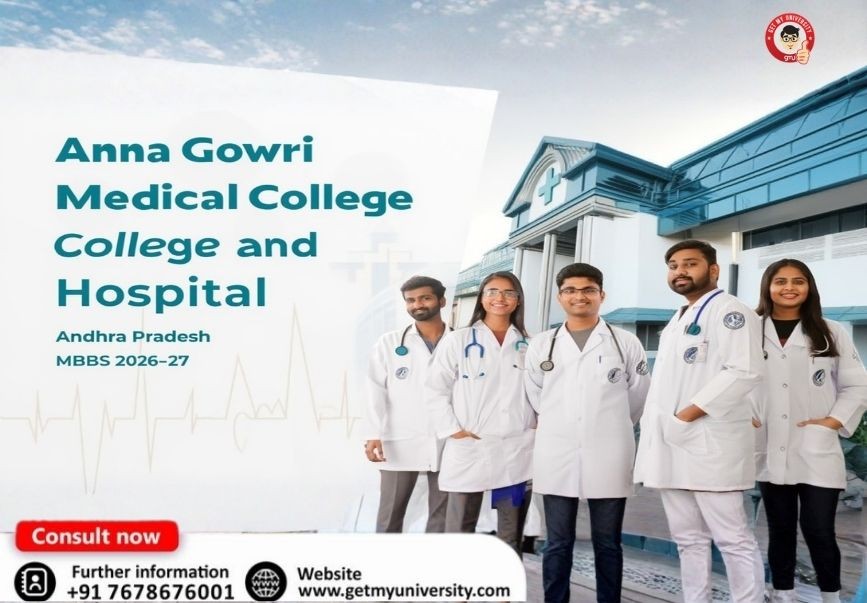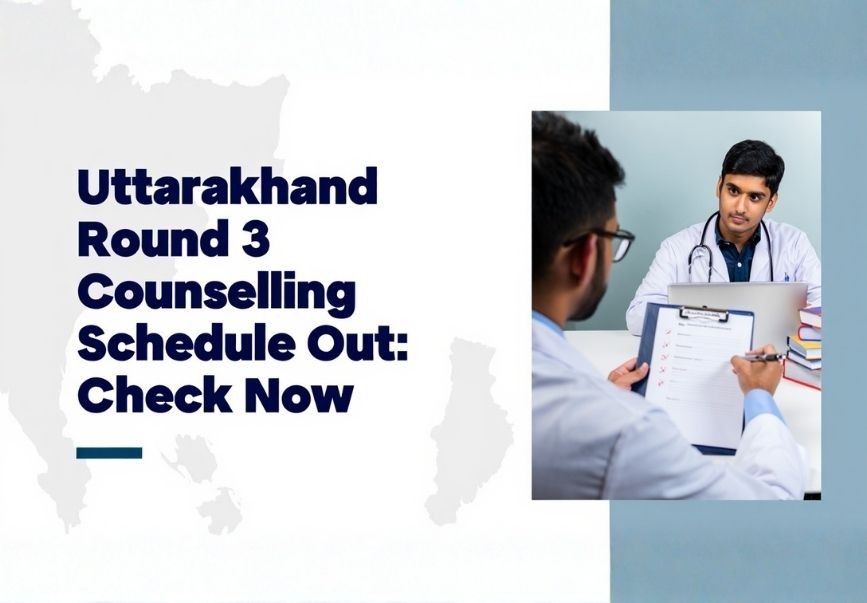Introduction
Russia has emerged as one of the most preferred destinations for Indian students aspiring to pursue a Bachelor of Medicine and Bachelor of Surgery (MBBS) degree abroad. With more than 30 medical universities recognized by the National Medical Commission (NMC) of India and approved by the World Health Organization (WHO), Russia offers high-quality medical education that is both affordable and globally acknowledged.
One of the most compelling reasons for choosing Russia is the cost-effectiveness of medical education. Compared to Indian private medical colleges, which can demand upwards of INR 1 crore for an MBBS degree, the entire cost of studying in Russia—including tuition fees, hostel, and living expenses—typically ranges between INR 20–INR 40 lakhs for the complete six-year program. Most universities offer English-medium programs designed specifically for international students, minimizing language-related academic challenges in the initial years.
The curriculum followed by Russian medical universities is aligned with global medical education standards and includes comprehensive training in anatomy, pathology, surgery, and community medicine. From the third year onward, students receive hands-on clinical exposure in multi-specialty hospitals affiliated with their universities. This early and consistent practical experience significantly enhances their clinical competence and confidence.
In recent years, Russia has witnessed a surge in Indian student enrollments due to its simplified and transparent admission process. There are no entrance tests or capitation fees, and most universities only require a qualifying score in NEET (National Eligibility cum Entrance Test) along with the completion of 10+2 education with Physics, Chemistry, and Biology.
Another appealing aspect of studying in Russia is the welcoming environment provided by universities for international students. Institutions usually offer separate hostels for boys and girls, access to Indian food in messes, and Indian student communities that organize cultural events and offer peer support. Many universities also provide FMGE (Foreign Medical Graduate Examination) coaching on campus to help students successfully clear the screening test upon their return to India.
However, despite these advantages, students must approach their decision with thorough research and realistic expectations. Factors such as climate, language barrier (especially in clinical settings), and quality of university infrastructure must be carefully considered. Choosing the right university and preparing early for licensing exams like FMGE or NExT is critical to future success.
In summary, studying MBBS in Russia offers a viable pathway for aspiring Indian doctors, provided they avoid common mistakes and make informed choices. With proper planning, dedication, and adaptability, students can achieve a fulfilling and successful medical career on an international stage.
Ignoring the Russian Language Barrier
The Core Issue
While MBBS instruction in Russia is mostly in English, clinical exposure depends entirely on Russian-speaking. From taking patient histories to writing medical records, proficiency in Russian is essential.
Why It’s a Mistake
Without solid Russian skills, your clinical performance suffers, and it can negatively impact your FMGE/NExT preparation. Many students expect English alone, only to face communication hurdles in hospitals.
How to Avoid It
- Start intensive Russian courses 6–12 months before departure
- Use language apps like Duolingo or Tandem
- Practice with Russian-speaking students and locals from day one
Underestimating the FMGE/NExT Challenge
The Core Issue
Graduating from a Russian MBBS program does not guarantee FMGE/NExT success. The curriculum focuses on Russian healthcare practices and may not cover India-specific medical protocols.
Why It’s a Mistake
Low FMGE pass rates (15–20%) highlight this gap. Some graduates spend months in remedial coaching post-graduation, delaying licensure in India.
How to Avoid It
- Choose universities with FMGE-oriented support and study resources
- Start FMGE prep during clinical years using Indian textbooks and coaching
- Regularly take mock tests and revise consistently
Falling Trap to Shady Admission Agents
The Core Issue
Many students rely on unverified agents who overcharge or misguide them about university accreditation, facilities, or fees.
Why It’s a Mistake
Misleading commitments (e.g. “English-taught + 100% FMGE success”) often result in subpar education, expensive hidden costs, or even visa failures.
How to Avoid It
- Cross-check agent credentials and online reviews
- Compare information with official university websites
- Analyze fee breakdowns carefully and request a written agreement with full transparency
Overlooking the Impact of Extreme Climate and Lifestyle
The Core Issue
Russia is known for long, freezing winters with temperatures dropping to −20°C or below. Many students struggle to cope mentally and physically.
Why It’s a Mistake
Daily travel in sub-zero conditions, seasonal depression (SAD), and unprepared clothing can disrupt both health and studies.
How to Avoid It
- Invest in high-quality thermal wear, insulated boots, gloves, and coats
- Acclimate gradually and prioritize mental wellness with indoor activities
- Use campus facilities like gyms and cultural clubs to maintain health and morale
Choosing the Wrong University
The Core Issue
Not all Russian MBBS programs are equal. Some universities lack NMC/WHO recognition, have outdated labs, or don’t offer enough clinical exposure.
Why It’s a Mistake
A degree from a substandard university limits global options, delays FMGE prep, and wastes time and money.
How to Avoid It
- Verify NMC, WHO, ECFMG approvals directly from official sources
- Check FMGE pass rates and clinical exposure feedback from alumni
- Visit online forums for student testimonies about labs, language support, hostel amenities, faculty competency, and reputable PG placements
Summary: Mistakes & Solutions at a Glance
| Mistake | Why It Matters | Avoidance Strategy |
| Language Neglect | Hampers clinical communication & experience | Pre-departure language training & immersion exchange |
| FMGE/NExT Underpreparation | Low pass rates lead to delays and expenses | Early exam strategy & consistent mock testing |
| Rogue Agents | Hidden fees, misinformation, poor placements | Agent vetting, comparisons, and written agreements |
| Climate & Cultural Non-Readiness | Affects health & mental well-being | Invest in gear, acclimatize, and engage socially |
| University Mismatch | Risks unrecognized degrees & poor training | Check recognitions, infrastructure, and credible feedback |
Additional Advice from Students
“Busy hospitals but low patient influx… you feel the absence of practical exposure.”
“Russia is safe… especially for girls… I never felt unsafe.”
Your study-abroad decision should be based on preparedness, research, and cultural adaptation, not just affordability.

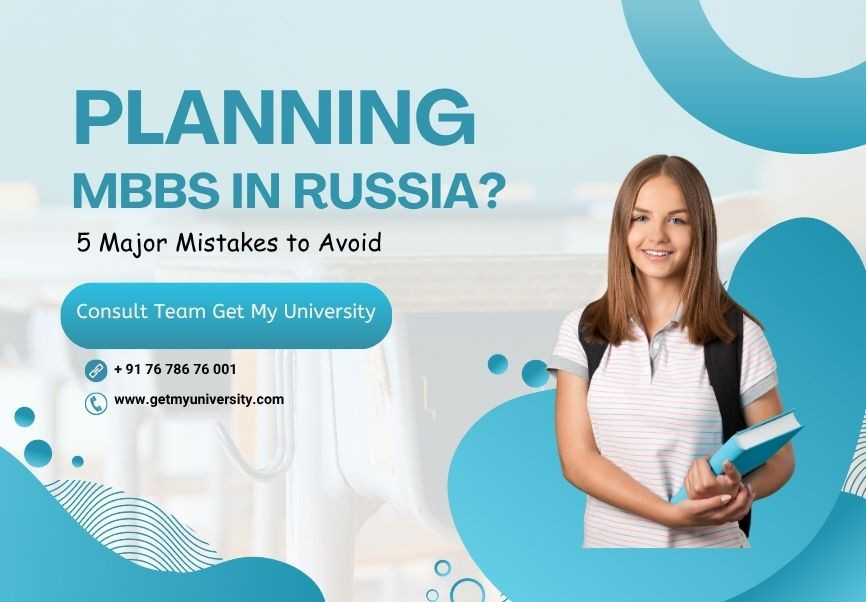

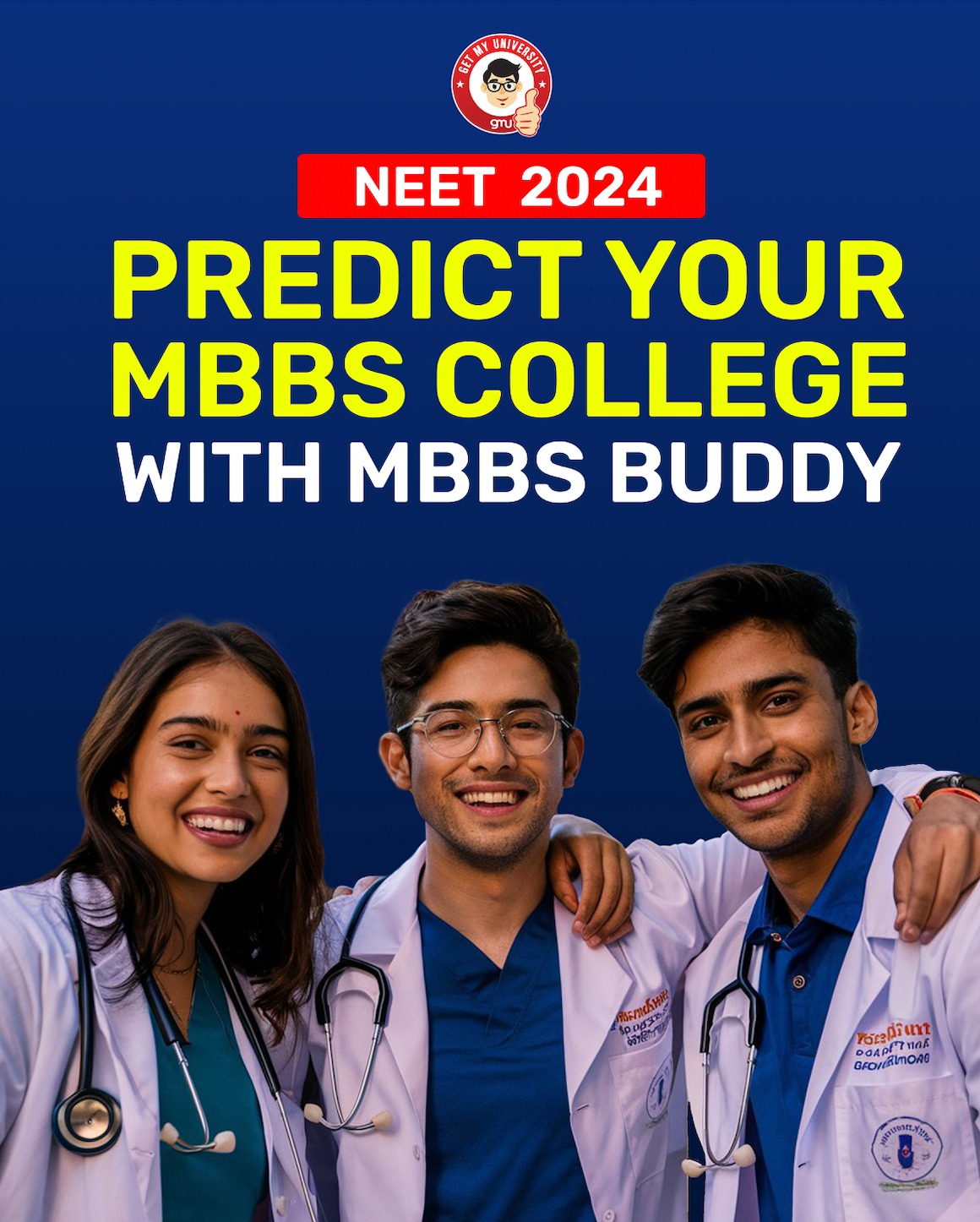

.jpg-12992.jpg)
.jpg-24397.jpg)
